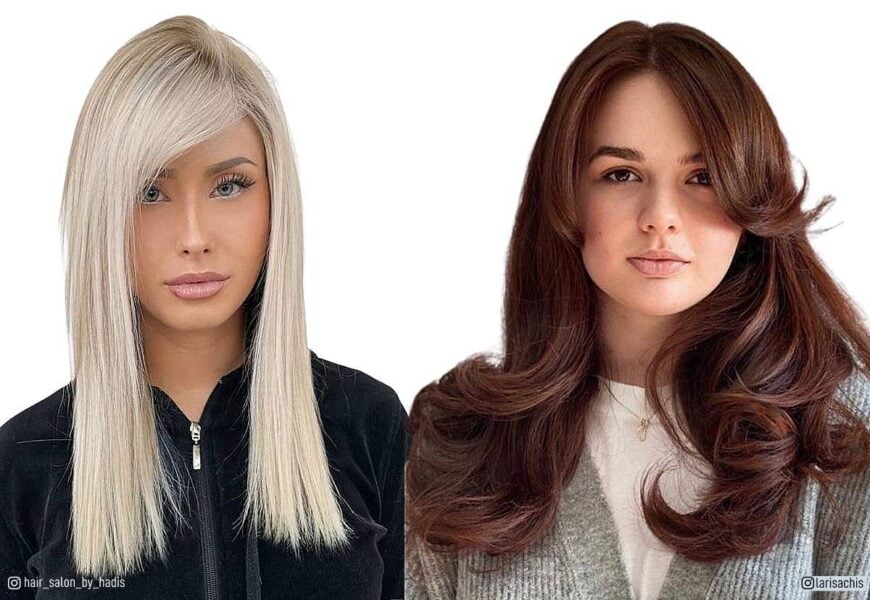Everyone should know their hair type as this essential trait determines which hairstyle suits you, and has a big hand in keeping your locks healthy.
You’ve probably heard of the terms thick and thin hair before but what do they really mean? How do you know which type is yours? Why is it important? But most importantly: what exactly is the difference?
The Difference Between Thick and Thin Hair
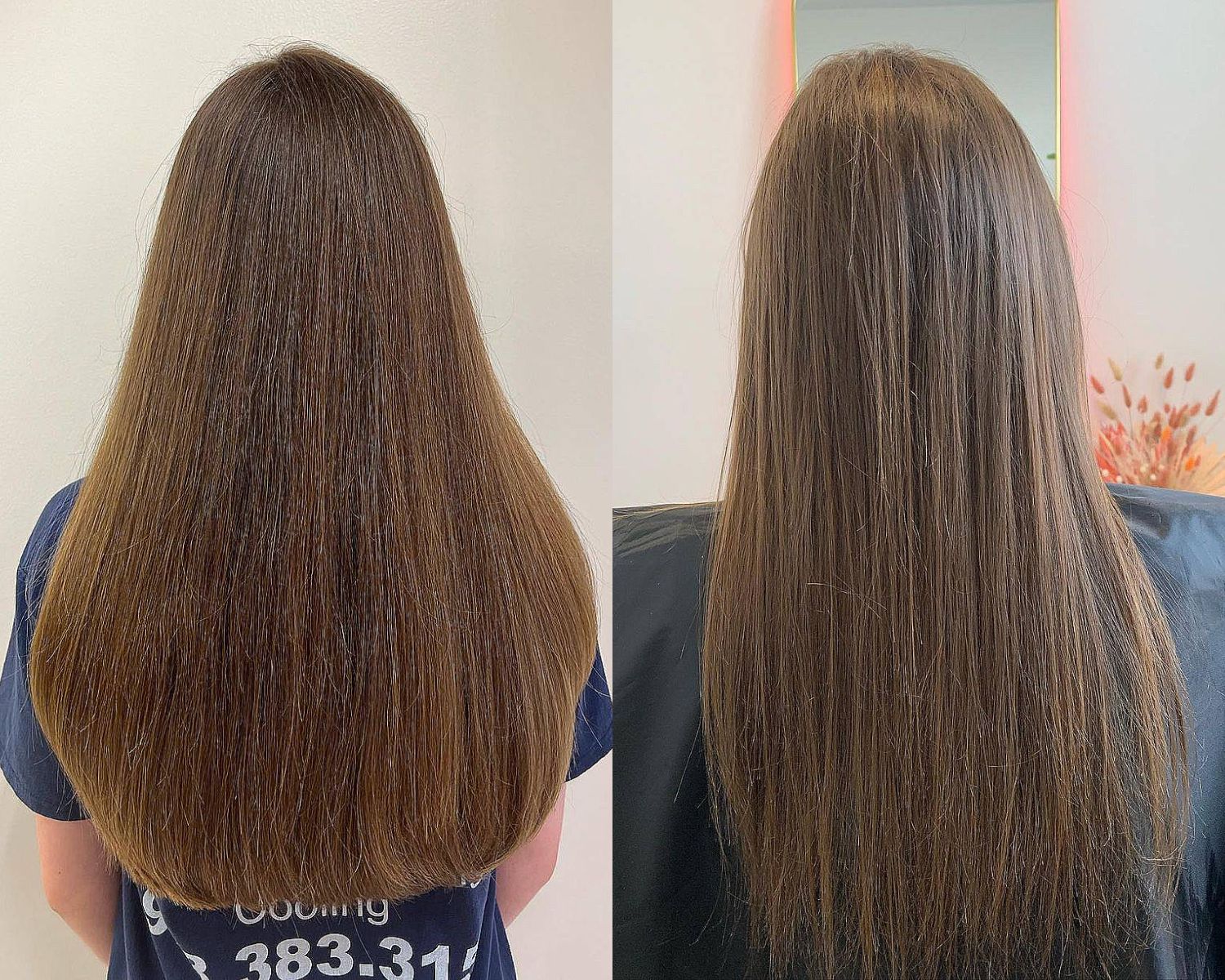
Having thick hair means that you have more hair per square inch of scalp or strands of hair that have a greater width.
Meanwhile, on the other hand, if you have thinner hair, you’ll have less hair per inch of scalp, or strands with a thinner width, leaving more skin visible.
All hair does not have the same width, and the terms thick and thin can either refer to the width of individual hair strands or the number of hairs per inch of the scalp.
Keeping Each Hair Type Healthy
Each hair type needs its own special care because there are different factors that go into your hairs overall health.
We’ll begin with thick hair and the best way you can keep it healthy!
Thick hair will take up a ton of shampoo and conditioner, so its best to have a shampoo that works for you. If your hair is on the drier side, hair masks and leave-in conditioners will be your best friends.
It’s also important to keep your tangles under control to battle knots. Keep them at bay by using a detangling brush. It will be a worthwhile investment. If you have curly hair, it’s best to opt for a comb instead.

While drying off your hair, you’ll want to avoid a hairdryer (unless you have hours to spend waiting for your locks to dry) and use a towel to gently pat your hair dry.
Meanwhile, with thinner hair, you have your strengths and challenges when it comes to keeping your hair healthy.
Thinner hair can be tricker to work with, because thinner strands and less hair per inch of scalp typically means your hair is a little more delicate.
Simply put, the less hair you have, the less shampoo and conditioner you’ll need to use. Be careful to avoid over-using products, because it may weigh down your hair and leave it greasy.
You should also carefully comb your hair to keep it free of tangles, but be careful not to overbrush or comb, so your scalp’s natural oils don’t weigh you down!
Best Haircuts for You
The best haircuts for each type of hair can depend on the other factors. Is your hair curly? Straight? Textured? Keep all factors in mind when choosing a haircut, because a haircut that works for thick, straight hair may not work for hair with curls.
Thick Haircuts
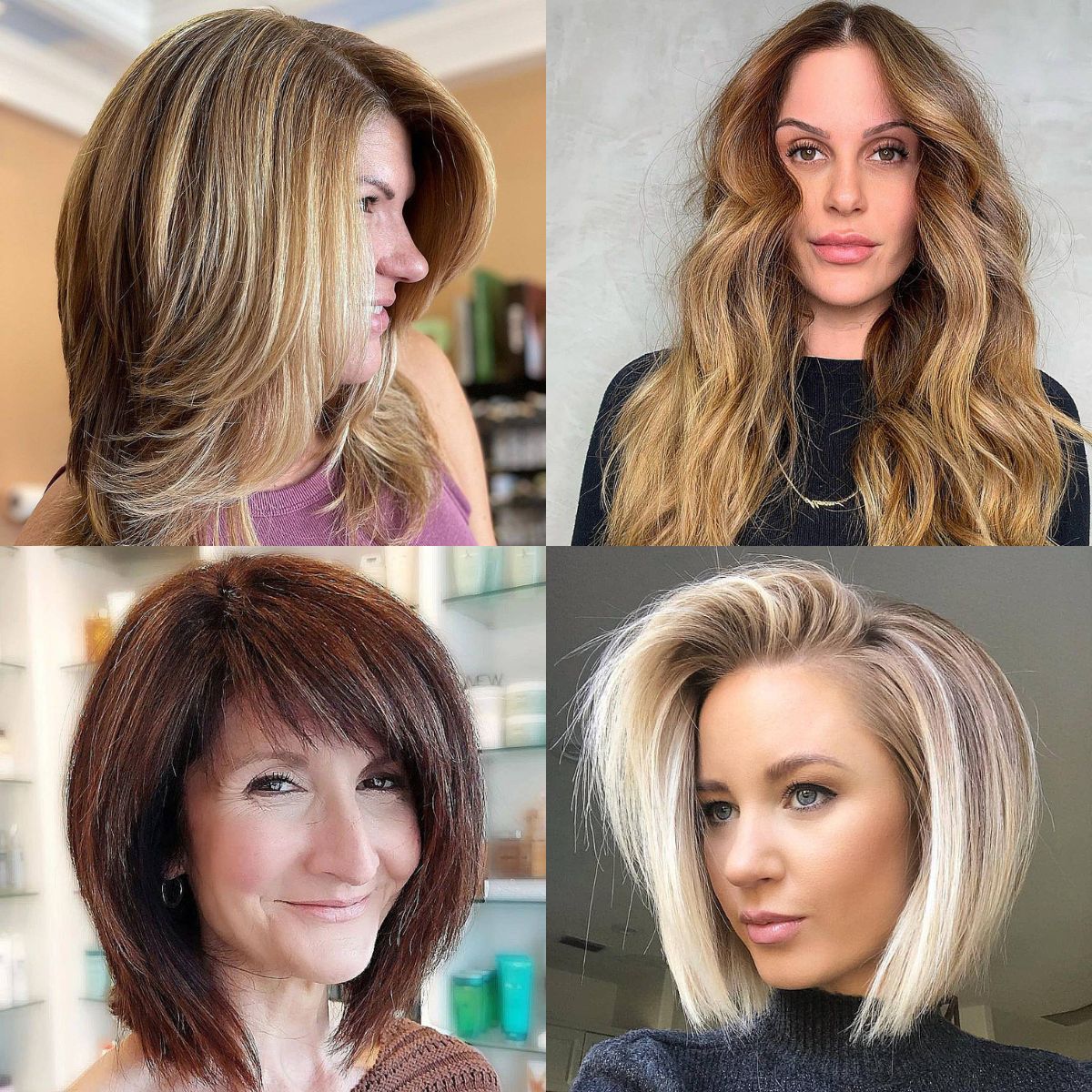
The thicker your hair, the longer it falls! Growing out your hair is a great option for women with thicker hair because shorter cuts won’t lay right without tons of training.
It’s important to remember that when it comes to thick hair, layers are your best friend. Layers give your hair a little extra movement and make certain styles like manual curling easier overall.
But if shorter cuts are more your thing, bobs are also possible as long as they’re done right. Just be sure that your haircut works with your face shape.
Thin Haircuts
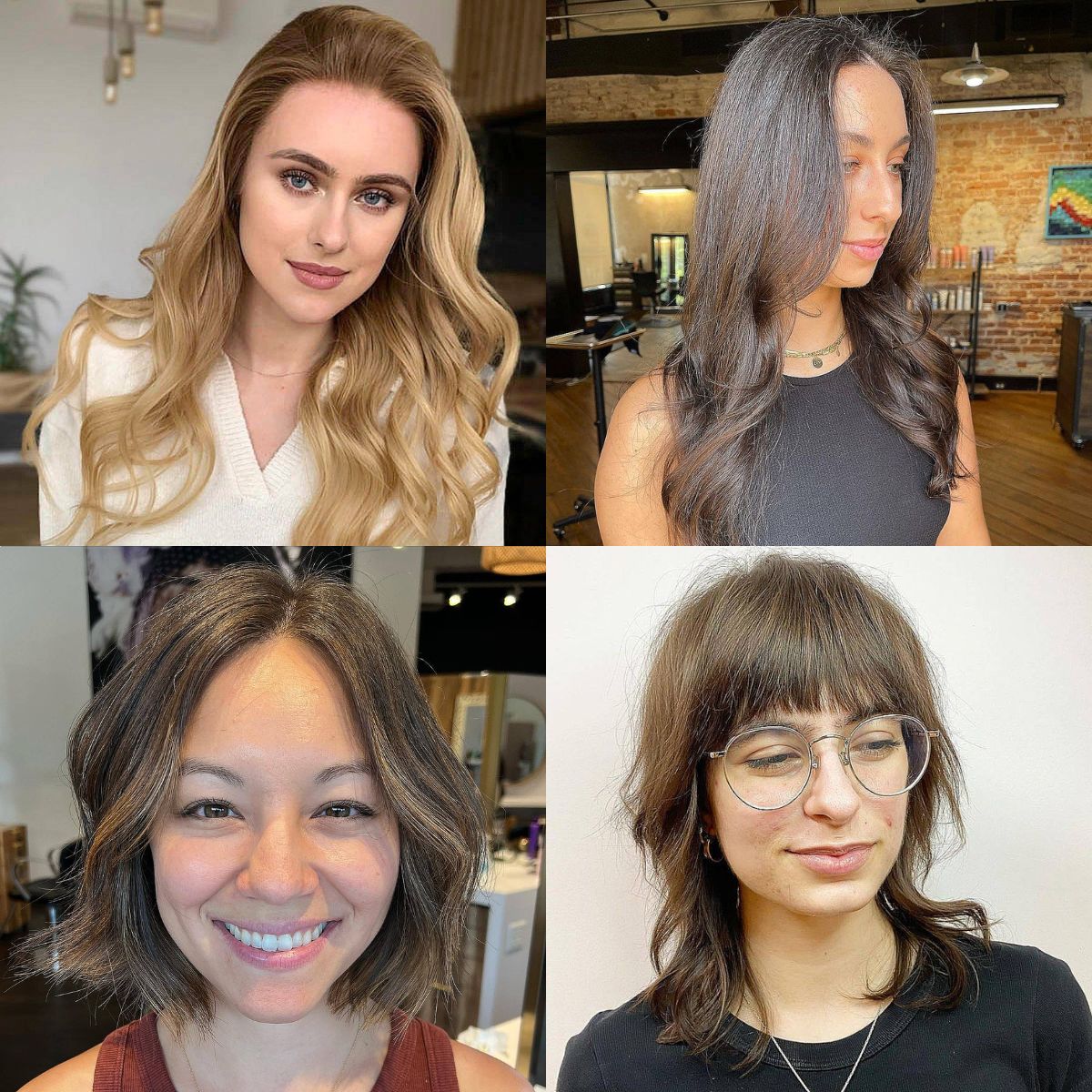
Thinner hair should be paired with easily managed haircuts, like a shoulder-length lob cut. This haircut can make your hair appear thicker.
A blunt cut is also a nice option if you have thinner hair because it’s manageable, chic, and makes it easy to keep split ends at bay.
Best Hair Care Products
Good products are a must for every hair type, but finding something just right can be a bit tricky. We’ve chosen the best products for both thick and thin hair so you can always be at your best!
We’ll begin with native coconut & vanilla moisturizing shampoo, a vegan, cruelty-free, paraben-free shampoo made with thick hair in mind. This shampoo is fantastic for keeping your hair healthy and moisturized!
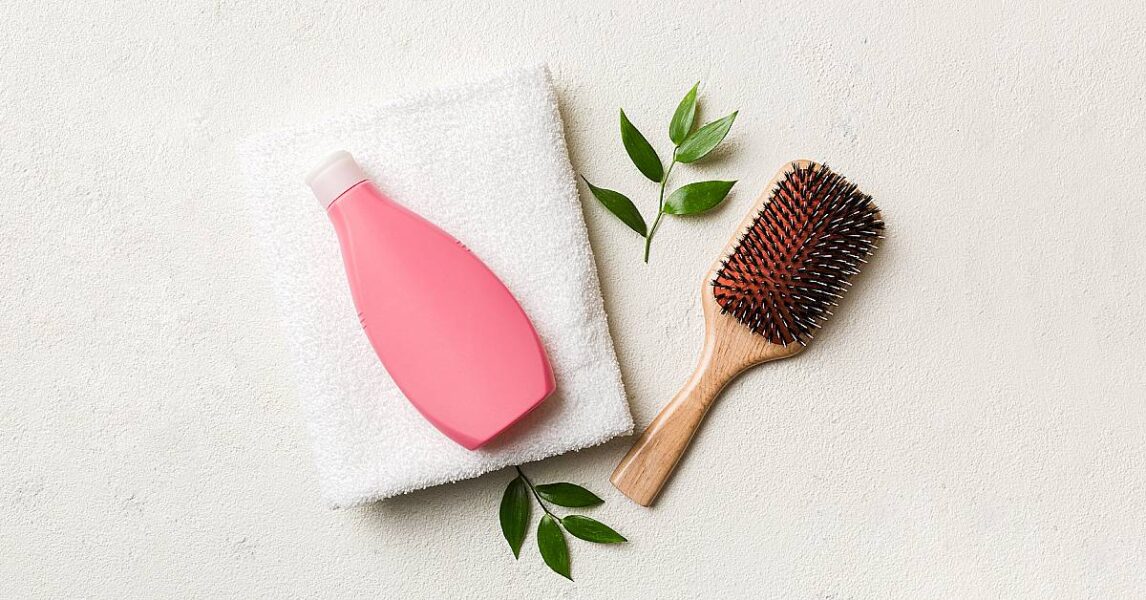
If you have fine, flat hair, you may want to pick up a bottle of Kerastase Densifique Bodifying mousse to give your hair a little more volume without the extra weight. It also encourages healthy hair growth!
If you’re after something gentle to repair damaged thin hair, Vernon Francois nourishing water mist is a must-have. This affordable treatment mist is designed to support healthy growth and strengthen weakened hair without drastic results.
Need a pre-styler for thick hair that you just can’t seem to tame? This hairdresser’s invisible oil is a perfect tool for detangling, preventing breakage, hydrating, and de-frizzing. It’s even safe for color-treated hair, cruelty-free, and made without parabens and sulfates.
Style Guide for Thick Hair
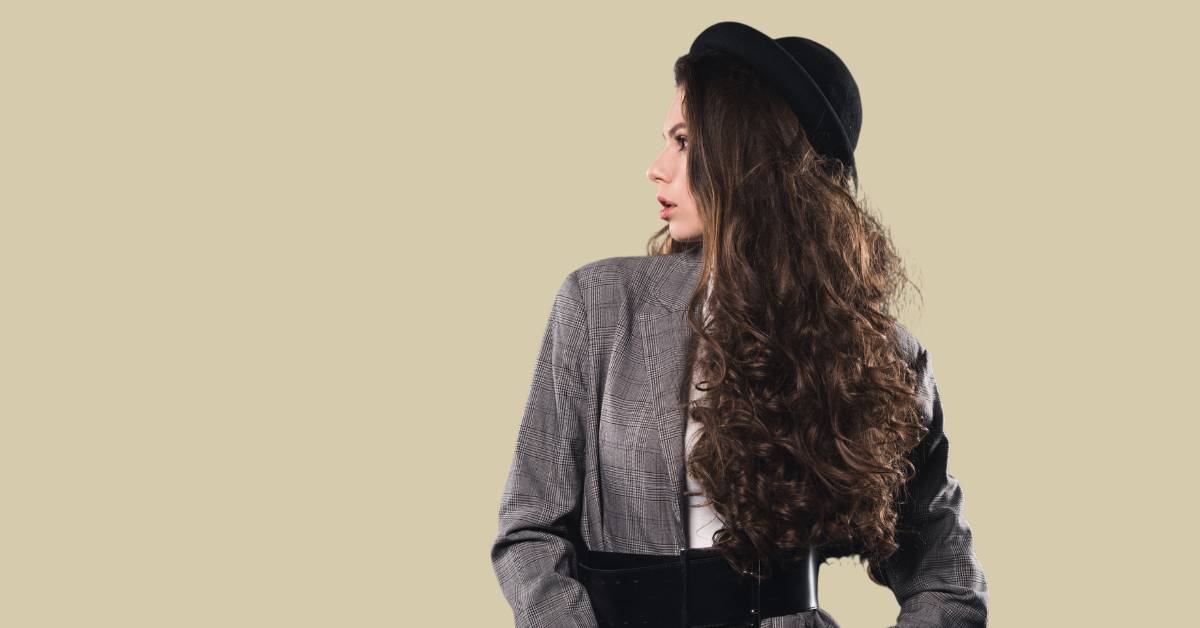
If you have your new haircut, products, and hair type, all there is left to do is learn how to style your hair!
Thick hair can be heavy, so it’s best to try and avoid complicated updos, and anything that may tug on your hair and leave you with headaches. But if you still need your hair up and out of the way, we’ve got you covered.
Braids are always a great go-to for longer hair, and it’s a great way to go about your day while keeping tangles at bay, but if you’ve recently gotten layers for the first time, a low ponytail may be a much better option.
Style Guide for Thin Hair
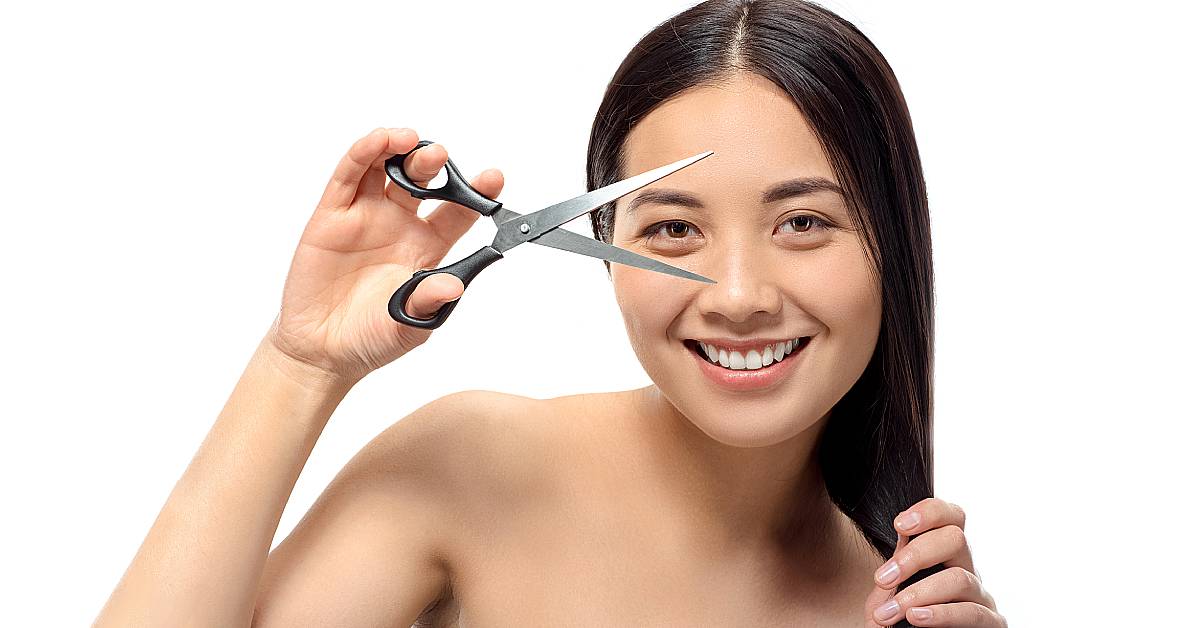
Thin hair comes with its ups and downs because while tangles and bad hair days are less of a problem, finding a style that is both fashionable and functional can be a huge challenge.
Try simple styles and try some gentle products to create an illusion of volume, if you plan on wearing your hair down. Volumizing powders are great for occasional use.
Another simple tip is to switch up your hairs part which can not only give you a fresh new look but can also help hide those pesky flyaways.
